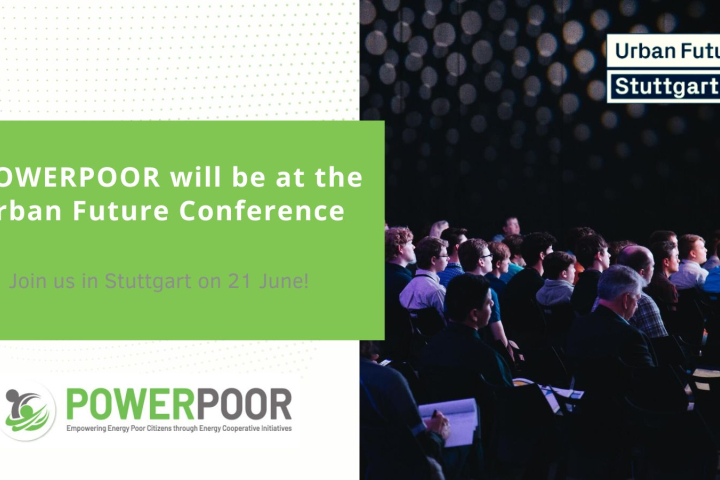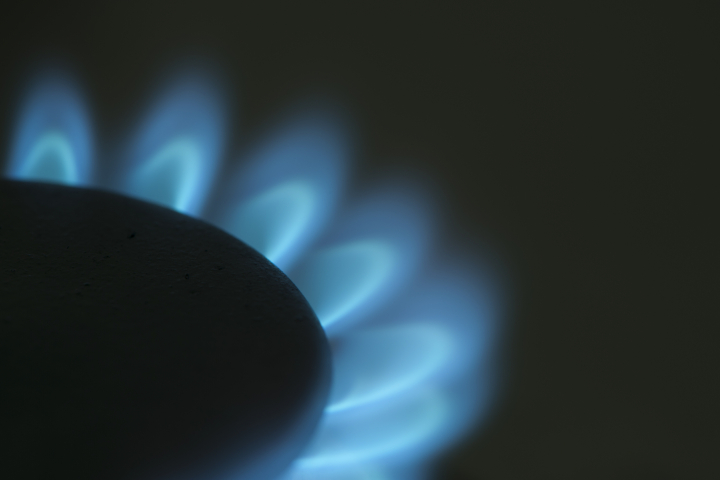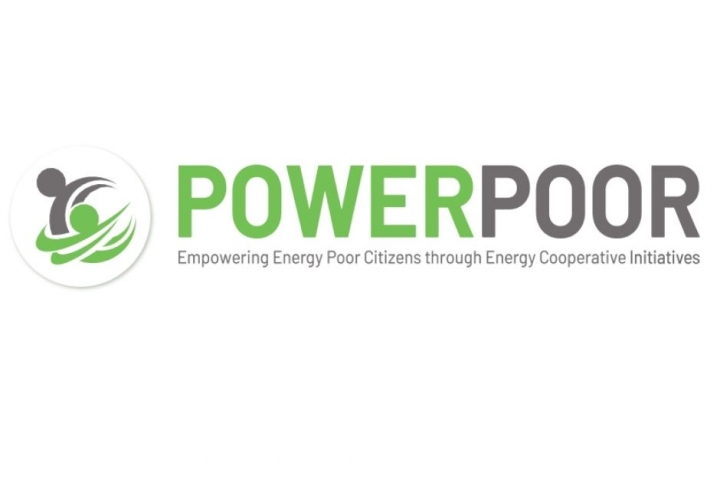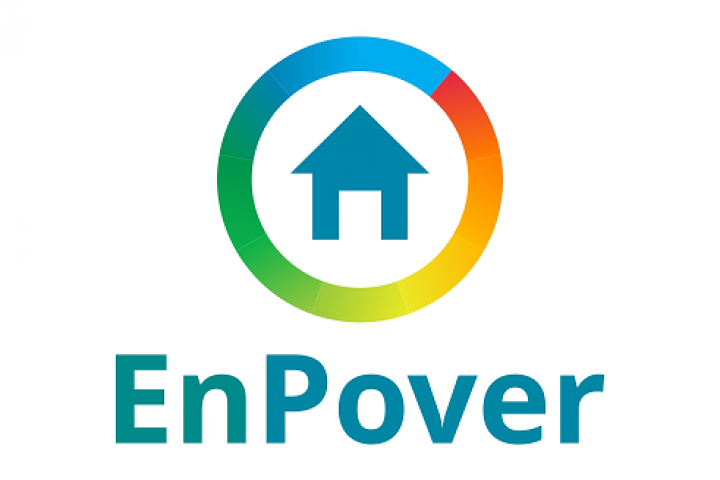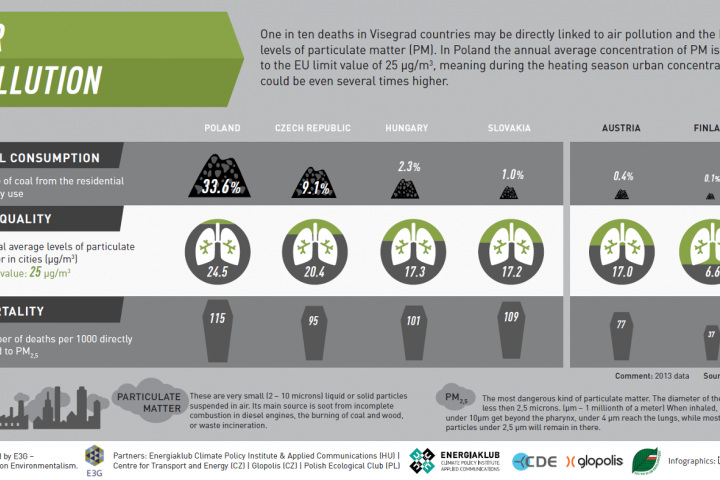Energy poverty
A household is considered to live in fuel poverty if its members are unable to keep their home adequately warm, or when the cost of adequate heating constitutes an unreasonable burden for the household.
Energiaklub was the first to study and model fuel poverty in Hungary in detail, analysing statistical and technical data.
According to our research 10-21% of the Hungarian households (about 380-800 thousand households) are in fuel poverty. Three quarters of households in fuel poverty are living in detached houses, mainly in villages and in rural areas.
Our model calculations show that through thermal insulation and window replacement a large portion of the households in fuel poverty are able to leave this state behind, due to the high amount of energy savings.
European Union data shows that 12% of European households were unable to heat their homes adequately in 2014. This ratio was as high as 60% in some member states. 10% of European households have overdue energy bills.
Energiaklub maintains that the state should provide long-term, inclusive and effective schemes that help households with relieving home heating burdens. Instead of benefit schemes households should be supported in reducing energy costs through energy efficiency improvements.
Encouraging energy saving investments also stimulates the economy: it creates jobs in rural areas and produces tax revenues through employment taxes and VAT on products purchased.
